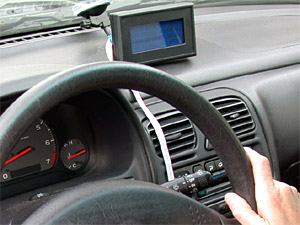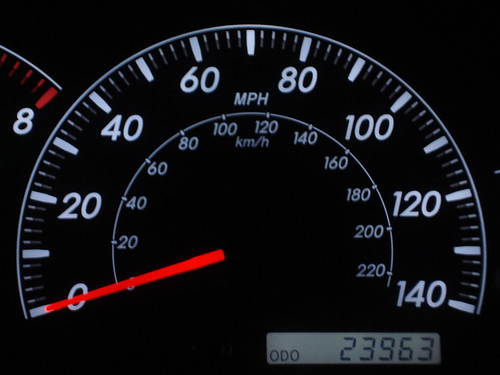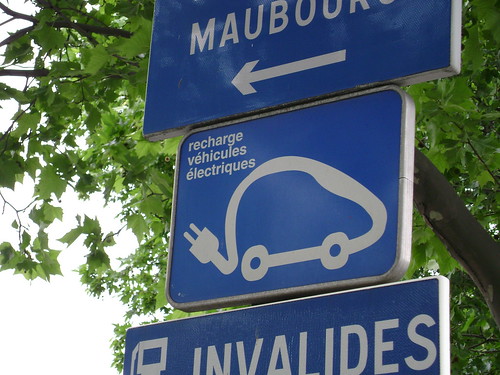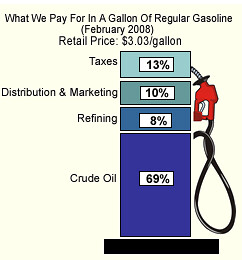Raging Debate on Vehicle Mileage Tax – A Media Roundup – April 30, 2009
Mileage-based tax expensive idea – HaroldNet ..I see that a congressional committee wants to put a mileage-based tax on cars and trucks. This would involve installation of expensive GPS devices in every …
Our view: Leave miles-traveled tax at the roadsideDuluth News Tribune – Late last week in Washington, US Rep. Jim Oberstar touted spending half a trillion dollars to solve the nation’s transportation woes. …
Mileage Tax Discussion in Congress Helicopter Association International – House Transportation and Infrastructure Chairman James Oberstar said he will push for a mileage-based tax on cars and trucks to pay for highway programs. …
Mileage-Based Tax Not the Answer to Our Nation’s Infrastructure Needs Americans for Tax Reform – By the Numbers: WASHINGTON, DC – Today, Americans for Tax Reform (ATR) issued the following response to Rep. James Oberstar’s (D-Minn) call for a …
More Congress Critters Want To Track And Tax Your Driving Habits Techdirt – For years, various state politicians have pushed the idea of a “mileage tax” for driving, and it’s never made much sense at all. Yet, just a few months ago, …






